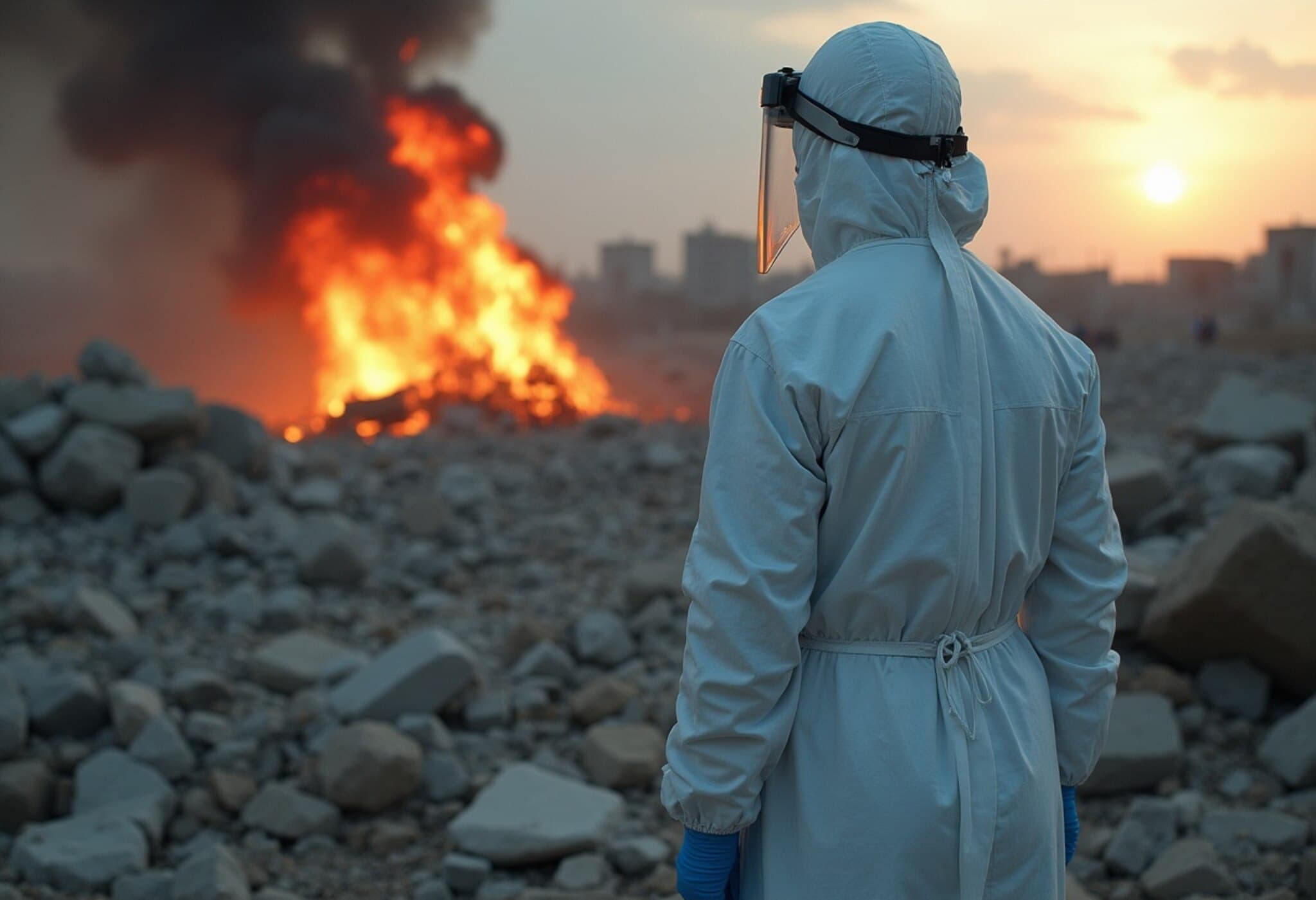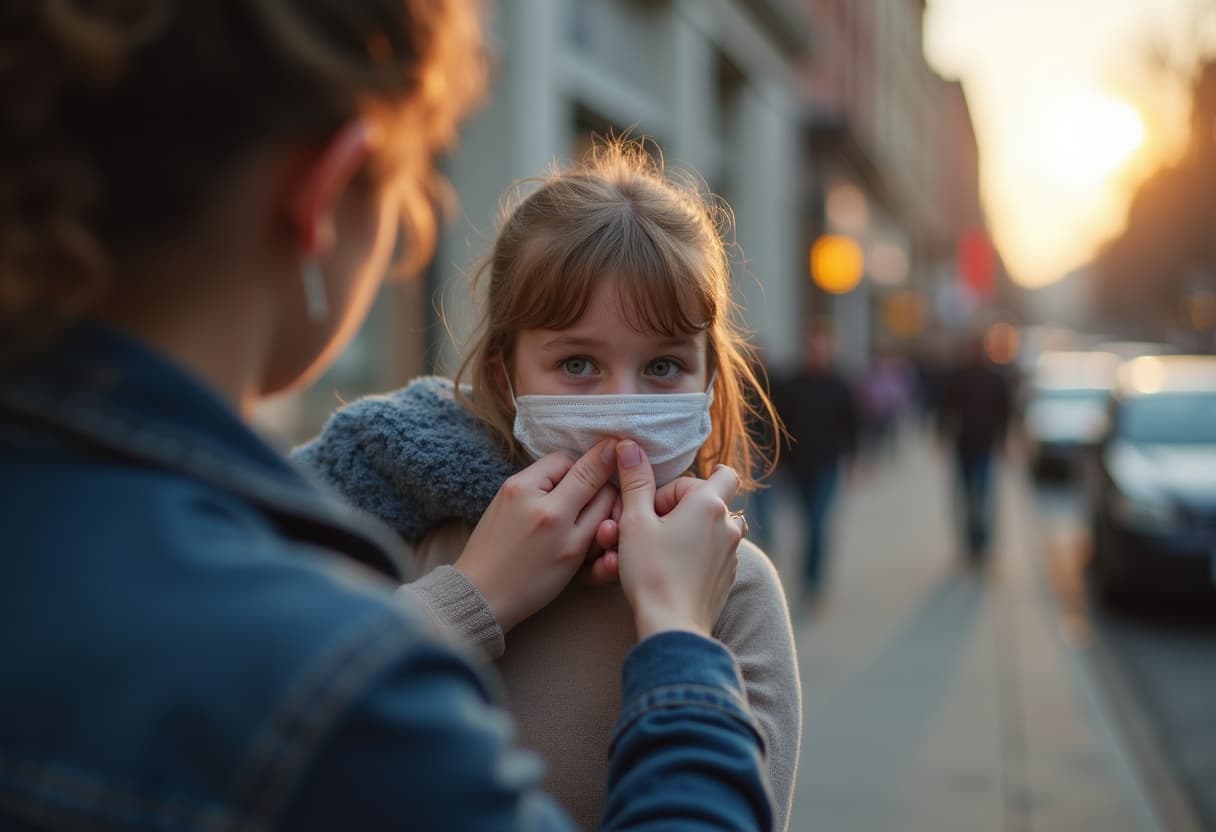New Health Crisis Emerges in Gaza Amid Widespread Conflict
As the prolonged conflict between Israel and Gaza enters its 22nd month, a new and alarming threat has surfaced—the spread of antibiotic-resistant infections within Gaza’s already overwhelmed healthcare system. A recent peer-reviewed commentary published in Lancet Infectious Diseases highlights the rising prevalence of multidrug-resistant bacteria in Gaza, underscoring an escalating public health emergency that could have devastating consequences for millions.
War’s Devastating Toll on Healthcare Infrastructure
The ongoing Israeli military offensive, which began in October 2023, has inflicted severe damage on Gaza’s medical facilities and supply chains. With tens of thousands wounded and many suffering from malnutrition, the destruction of laboratories and the loss of medical personnel have crippled the territory’s ability to diagnose and treat infectious diseases effectively. This scarcity of essential resources amplifies the risk posed by resistant pathogens.
Findings From the Frontlines: Multidrug-Resistance on the Rise
Researchers analyzing approximately 1,300 clinical samples collected over a 10-month period at al-Ahli hospital—a rare operational microbiology lab in Gaza—found that two-thirds of the samples contained multidrug-resistant bacteria. Co-author and epidemiology adviser to Médecins Sans Frontières, Bilal Irfan, describes the findings as “particularly alarming.” He emphasized, “We don’t even know the true scale because of the destruction of almost all the laboratories and the killing of a lot of the medical staff, so to even get a small insight into what is happening in Gaza is extremely important.”
Why Antibiotic Resistance Matters Now More Than Ever
According to experts cited in the study, the rise in antibiotic-resistant infections could result in longer-lasting illnesses, increased transmission rates, higher mortality, and more frequent amputations. “This means an increased risk of death from really common infections,” warned a Médecins Sans Frontières epidemiology adviser. The implications extend beyond Gaza’s borders, raising critical concerns about uncontrolled infectious diseases during prolonged conflict situations.
Broader Context: The Human Cost of Conflict
Since the conflict’s inception, more than 61,000 lives have been lost, and over 158,000 people have sustained injuries. The compounded effects of war—including the collapse of public health infrastructure, restricted access to medical aid, and now the surge in drug-resistant infections—paint a dire picture for Gaza’s civilian population.
Expert Perspectives and Regional Implications
This unfolding crisis underscores the complex intersection of armed conflict and global health security. In war zones, antibiotic resistance can accelerate unchecked due to disrupted sanitation, overcrowding, and interrupted medical care. From a policy standpoint, it illustrates the urgent need for sustained humanitarian corridors, robust medical support, and international cooperation focused on health system resilience in conflict-affected areas.
Furthermore, antibiotic resistance is a global concern. Outbreaks within a hotspot like Gaza can contribute to regional and international spread, particularly amid displacement and refugee movements. Thus, safeguarding public health in Gaza has implications that resonate far beyond its borders.
Looking Ahead: What Needs Attention?
- Rebuilding Medical Infrastructure: Restoring laboratory capacities and ensuring secure supply chains for antibiotics and medical equipment.
- International Humanitarian Support: Facilitating uninterrupted access to essential medicines and medical expertise through sustained aid efforts.
- Research and Surveillance: Enhancing monitoring of antibiotic resistance patterns to inform targeted interventions.
- Policy Integration: Incorporating infection control and antimicrobial stewardship into conflict response protocols.
Editor’s Note
While headlines often focus on the human cost of bombs and bullets, the quiet and insidious menace of antibiotic-resistant infections poses an equally grave threat to Gaza’s population. This Lancet study sheds light on an underreported dimension of the conflict with profound health consequences. As global citizens and policymakers grapple with this crisis, the imperative is clear: addressing the war’s humanitarian fallout must include urgent action against emerging infectious threats. Failure to do so risks not only worsening Gaza’s humanitarian disaster but also accelerating a public health threat with ripple effects worldwide.



















